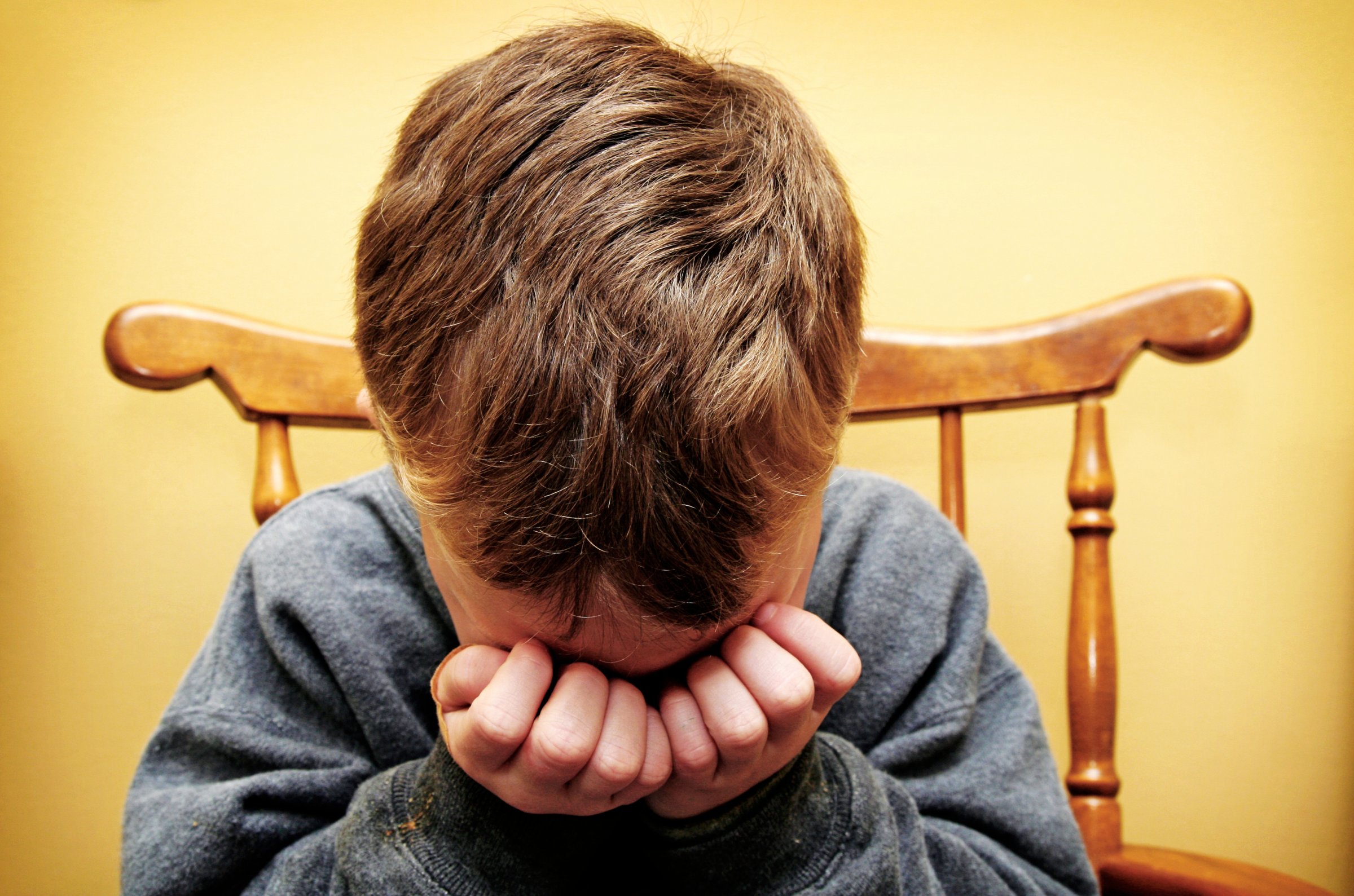
In many developed nations, the corporal punishment of children—that is, spanking, whipping, caning and so on—is illegal. America, where it’s even legal to spank a child at school in some states, has been something of a holdout, but a new study suggests that fewer mothers approve of using spanking as a disciplinary technique.
Georgetown University researchers analyzed data from the University of Chicago’s General Social Survey and found that the percentage of mothers in middle-income families who reported spanking their kids dropped from 46% to 21% over a 23-year period.
The study, published Nov. 14 in the journal Pediatrics, also found that, across all socioeconomic groups, the number of moms with kids under 5 who reported using spanking was shrinking while the number of moms who approved of various forms of nonphysical punishment was growing. For example, the percentage of moms who endorsed time-outs—removing kids from the environments in which the bad behavior took place—increased to 81% in 2011 from 41% in 1988.
Want TIME for you and TIME for KIDs? Get this special offer.
For many experts this lessening of physical punishment has been a long time coming. The American Academy of Pediatrics warned parents to avoid physically disciplining their children as far back 1998. That message has slowly been trickling through. And while it has long been the case that low income parents use spanking and other physical punishment more often than wealthier parents, that gap is narrowing, says the study, as the message about more effective disciplinary techniques seeps out.
The authors of the study believe the drop in spankings is part of a longer trend that started in the 1980s. “It may be in response to social science research that suggests spanking is linked to negative outcomes for children like delinquency, antisocial behavior, psychological problems and substance abuse,” says Rebecca Ryan, Associate Psychology Professor at the D.C.-based university and lead author of the study. “There is also little evidence that spanking or other forms of physical discipline are effective in the long term at reducing unwanted child behaviors or encouraging children to internalize, to really believe in, parents’ rules.”
To replace physical punishment parents have started using gentler techniques, including timeouts and what are known as “token economies,” such as sticker charts, for good behavior. The AAP, pediatricians and the rise of the parenting genre in books have also probably played a role in phasing out spanking.
READ MORE: The Discipline Wars Among American Parents
Of course there are still plenty of parents who think that when they spare the rod, they spoil the child. The Georgetown study suggests that low income mothers are more likely to spank than other income levels, and indeed a quarter of them reported hitting their kid in the previous week. But as recently as 2013, a Harris Poll of more than 2000 parents found that the majority of parents of any wealth, gender or ethnicity—except Pacific Islander or Asian— agreed with the statement that it is sometimes necessary to give a kid “a good hard spanking.”
There is also a slight gender difference. Men are more likely to believe it’s OK to spank kids than women are, but the current study doesn’t look at fathers’ attitudes. But researchers think women are changing their parenting habits more swiftly. “Data from the GSS suggests that the decline in support for corporal punishment of children since the 1980s has been more pronounced among women than men,” says Ryan. “So, it stands to reason that the trends we found might be similar—but weaker—for fathers. It’s hard to know.”
It’s also plausible that mothers have realized that many experts frown on spanking and so these moms decline to share their true views on the subject, or are ashamed of using it and thus are not candid. Ryan says that she would tell those who still think that spanking is an important parental tool what the AAP said in 1998: “There are many nonphysical discipline strategies, like time outs, positive reinforcement of good behavior, and selective inattention, that have been shown to be more effective at curbing unwanted behavior and encouraging the internalization of parents’ values than spanking.”
More Must-Reads from TIME
- Breaking Down the 2024 Election Calendar
- How Nayib Bukele’s ‘Iron Fist’ Has Transformed El Salvador
- What if Ultra-Processed Foods Aren’t as Bad as You Think?
- How Ukraine Beat Russia in the Battle of the Black Sea
- Long COVID Looks Different in Kids
- How Project 2025 Would Jeopardize Americans’ Health
- What a $129 Frying Pan Says About America’s Eating Habits
- The 32 Most Anticipated Books of Fall 2024
Contact us at letters@time.com